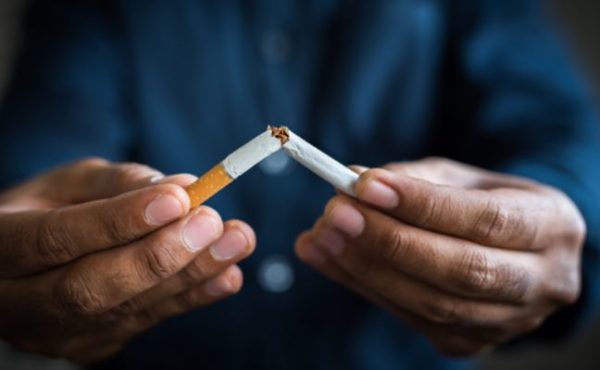Lifestyle
Smokers who start below age 20 find it difficult to quit, study finds

The legal age to buy tobacco in many countries is 18 years while there are no age restrictions in some nations.
Researchers have urged governments to raise the legal age to buy cigarettes to 22 years or higher as a new study has found it becomes less addictive and easier to quit as people get older.
It is estimated that nearly 9 out of 10 adults who smoke cigarettes daily first try smoking by age 18, and 99 percent first try smoking by age 26.
Results showed that starting smoking early is linked with higher nicotine dependency, even in young adulthood, and early starters were 30 percent less likely to quit the habit compared with late starters.
“The study indicates that increasing the legal age to buy tobacco to 22 years or older could lead to a reduction in the number of people addicted to nicotine and at risk of adverse health consequences,” said study author Dr Koji Hasegawa of the National Hospital Organisation Kyoto Medical Center, Kyoto, Japan.
This study examined the relationship between the age of smoking initiation, nicotine dependence, and smoking cessation.
Participants were divided into two groups based on the age they started smoking (less than 20 years old and 20 years or older).
Twenty years was used as the cut-off. The researchers analysed the associations between nicotine dependency and successful smoking cessation according to the age participants started smoking.
The study included 1,382 smokers, of whom 30 percent were women. Some 556 smokers started smoking before age 20 (early starters), while 826 smokers were 20 years of age or older when they began smoking (late starters).
Early starters reported a higher number of cigarettes per day (25) compared with late starters, who smoked 22 cigarettes per day.
Those who started early had higher respiratory carbon monoxide levels compared with those who started late.
Less than half of early starters (46 percent) successfully quit smoking compared with 56 percent of late starters, indicating that early starters were 30 percent less likely to successfully kick the habit compared with late starters, said the study presented at ‘ESC Congress 2023’.










